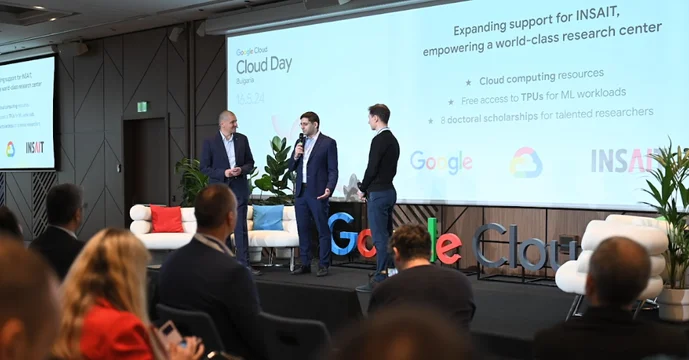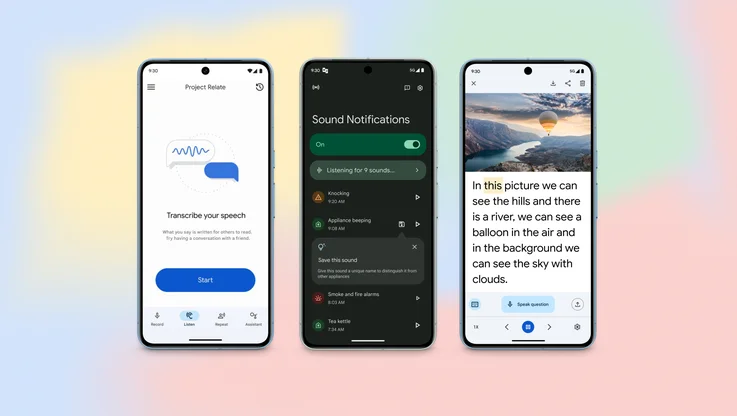How The FA uses Google Cloud AI to identify future England football stars

The countdown is on for Euro 2024, the international football championship organised by UEFA every four years.
For the Football Association (FA) — England's governing football body — the tournament is the culmination of years of strategic planning and research. While England Manager Gareth Southgate and his team will be focussed on bringing the trophy home this summer, The FA is also thinking about how best to unearth the future stars of the England team. And they’ve turned to Google Cloud technology to help.
Analyzing player scouting reports with AI
England's future football stars are tracked by a vast network of dedicated scouts. Their reports, rich in textual data, chronicle the development of young players over time. The challenge lies in condensing thousands of reports into insightful summaries that paint a picture of a player’s development journey. Without this ability, there is a risk that potential talent is overlooked, lost forever in the archives.
The FA started working with Google Cloud in 2019, using BigQuery, our data warehouse solution, to centralize their data and streamline processes. This has helped them lay the groundwork needed to unlock insights about a player’s development from a treasure trove of untapped information, including scouting reports.
Now The FA and Google Cloud are collaborating to add a new dimension to talent identification through generative AI. Using Vertex AI, our machine learning platform, The FA's historical scouting reports are now being transformed into concise summaries to condense the wisdom gathered over the years.
This AI-powered solution enables:
- At-a-glance player evaluation: Coaches and scouts gain an instant understanding of a player's development trajectory.
- Deeper context: Concisely capturing subjective scout assessments over time can help provide a different perspective to some of the more objective, numbers-driven data sources.
- Consistency and reliability: Each scouting report represents a snapshot of a moment in time, through the lens of an individual scout. By combining and condensing these reports, individual variations in perception are smoothed out and a broader picture of the player’s performance is captured.
This pilot phase of this scouting project is promising. Looking ahead, these advancements could redefine talent scouting and player development — securing a promising future for English football and beyond.







